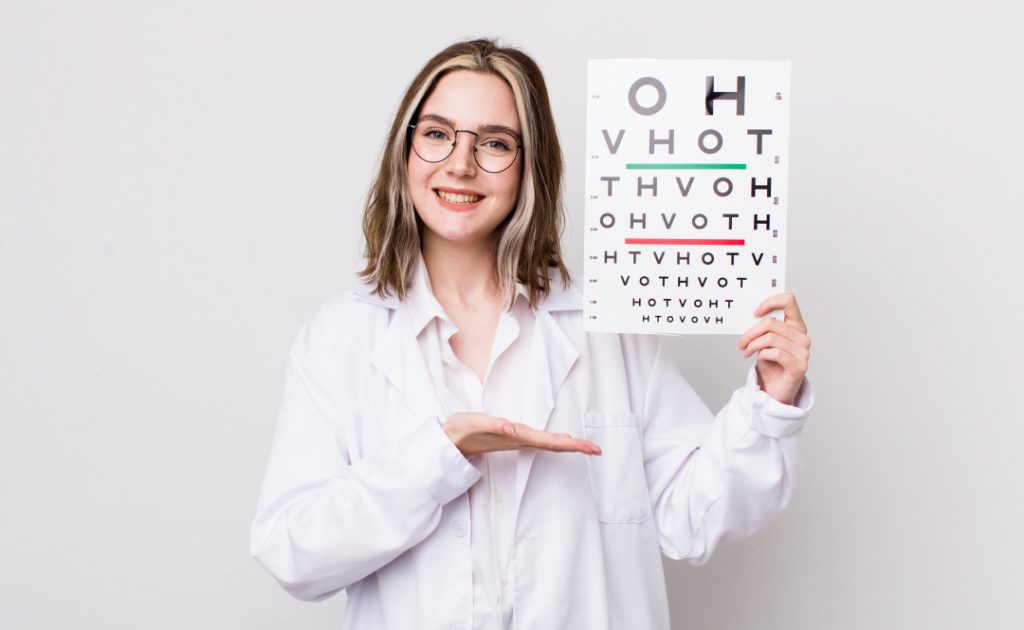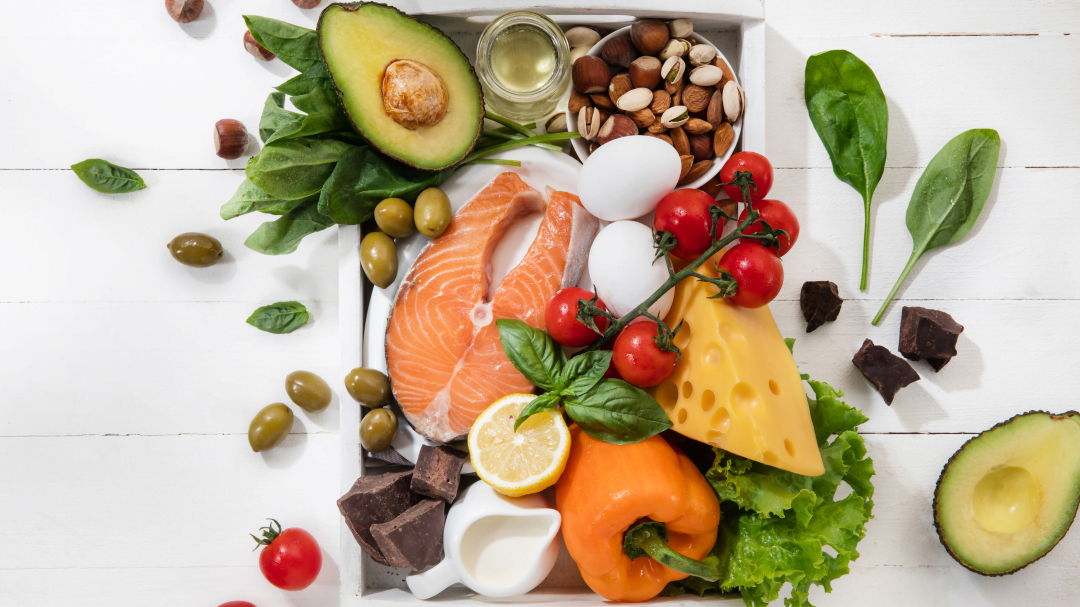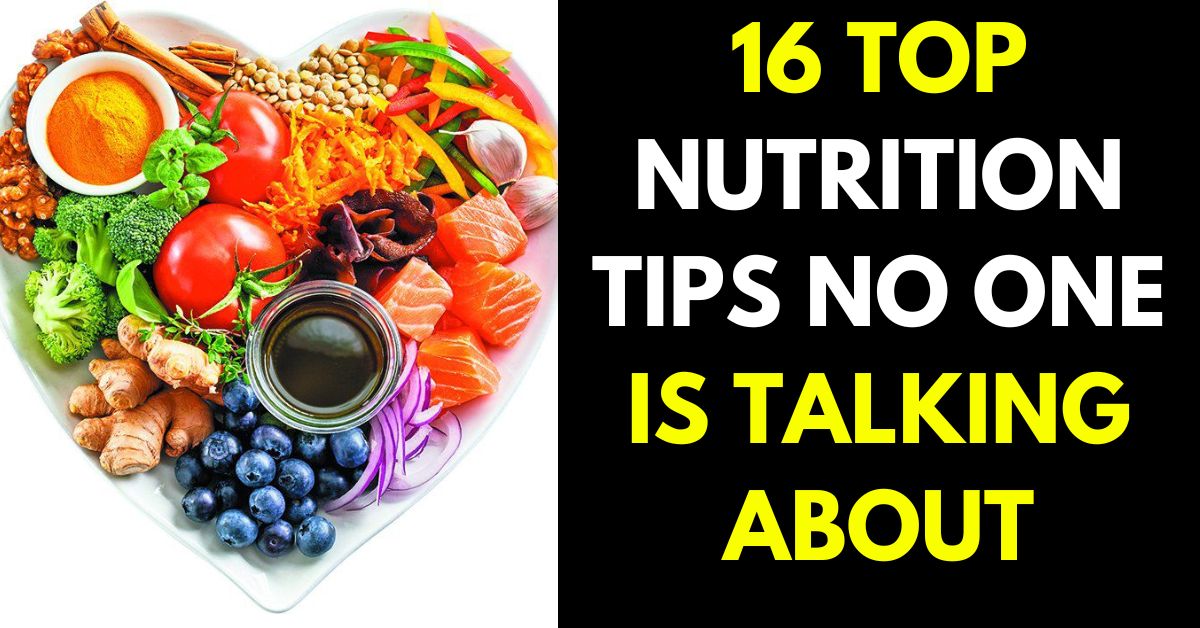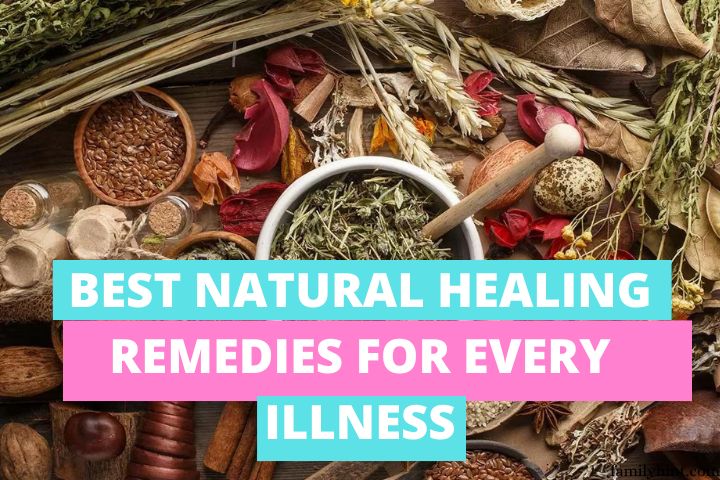
Having clear and sharp eyesight is crucial for fully experiencing and appreciating the beauty of the world around us. Our eyes are one of the most important sensory organs, and keeping them healthy is crucial to maintaining our quality of life.
Unfortunately, various factors, such as age, genetics, and excessive screen time, can impact our eyesight negatively. However, the good news is that there are various foods that improve eyesight without using harsh chemicals.
In this article, we will share the top 10 foods rich in vitamins, minerals, and antioxidants essential to improve eyesight. Incorporating these foods into your diet can reduce the risk of photodamage and keep your retinas and corneas healthy.
Understanding Eye Health: The Importance of a Nutrient-Rich Diet

A nutrient-rich diet maintains good eyesight and promotes optimal eye health. Certain nutrients play a significant role in maintaining healthy eyes, including vitamins A, C, and E, as well as zinc, omega-3 fatty acids, and lutein. These nutrients can be found in various foods, such as leafy green vegetables, citrus fruits, nuts, and oily fish.
Vitamin A, in particular, is essential for good vision and is found in carrots and sweet potatoes. Vitamin C acts as an antioxidant, protecting the eyes from damage caused by free radicals, and can be obtained from fruits like oranges and strawberries. Omega-3 fatty acids and lutein are crucial for retina health and can be found in fish like salmon and trout.
By incorporating these nutrient-rich foods into one’s diet, individuals can enhance their eye health and reduce the risk of developing eye conditions such as cataracts and age-related macular degeneration.
Top 10 Best Foods That Improve Eyesight
Eating a diet rich in vision-boosting foods can significantly contribute to maintaining and enhancing eye health. From nutrient-packed leafy greens to antioxidant-rich fruits, incorporating these foods into your daily meals offers a proactive approach to supporting clear and sharp eyesight. Here are the top 10 foods that can help improve your vision:

1. Carrots
Carrots are widely recognized as a top food for improving eyesight. Rich in beta-carotene, a precursor to vitamin A, carrots play a vital role in supporting optimal vision and eye health. Vitamin A is essential for properly functioning the retina and helps maintain good night vision. Consuming carrots regularly can help reduce the risk of eye stress and protect against conditions like night blindness.
2. Leafy Greens
Leafy greens such as spinach, kale, and collard greens are packed with essential nutrients, notably vitamins A, C, and E, which are instrumental in promoting optimal eye health. Vitamin A in these greens supports the proper functioning of the retina, while vitamins C and E act as potent antioxidants that protect the eyes from damage caused by free radicals. Moreover, leafy greens boast carotenoids, including lutein and zeaxanthin, which help maintain the macula’s health, the part of the eye that controls central vision.
3. Eggs
Eggs are a good source of lutein and zeaxanthin, two carotenoids that play an essential role in maintaining healthy vision. Lutein and zeaxanthin are concentrated in the macula, the part of the eye responsible for central vision, and help to protect the eyes from damage caused by blue light and oxidative stress. Additionally, eggs are a good source of vitamin A, which is necessary for the retina to function properly, and vitamins B6 and B12 help maintain healthy nerve cells.
4. Orange and Yellow Fruits
Vitamin C and beta-carotene are both essential nutrients for maintaining good eye health. Vitamin C helps to protect the eyes from damage caused by harmful free radicals. At the same time, beta-carotene is converted into vitamin A in the body, which is necessary for maintaining good vision. Eating oranges, lemons, other citrus fruits, carrots, pumpkins, and other orange and yellow fruits can help ensure you get enough of these essential nutrients for eye health.
5. Fish
Fish, especially those rich in omega-3 fatty acids such as salmon, tuna, and sardines, are important for eye health as they help to reduce the risk of age-related macular degeneration and dry eye syndrome. Eating fish, rich in Omega-3s, is essential for properly functioning the retina and plays a crucial role in maintaining the structural integrity of the eye’s photoreceptors.
6. Nuts and Seeds
Nuts and seeds are good sources of zinc and vitamin E. These two nutrients actively combat oxidative stress and inflammation, thus reducing the risk of age-related eye diseases, including macular degeneration and cataracts.
Combining these nutrients promotes overall eye health and visual acuity, making them valuable additions to a vision-supportive diet. Whether you choose almonds, pumpkin seeds, or any other type of nuts and seeds, they provide nutritious benefits to protect your vision and keep your eyes healthy.
7. Sunflower Seeds
Sunflower seeds offer an abundance of vitamin E and zinc, both instrumental in supporting good eye health and protecting against age-related ocular conditions. Vitamin E’s antioxidant properties help neutralize free radicals in the eyes. At the same time, zinc supports the optimal functioning of the retina and aids in the conversion of vitamin A for clear visual health.
8. Oysters
Rich in zinc and copper, oysters are invaluable in maintaining good eye health. Zinc supports the absorption of vitamin A, which is critical for healthy eyes, while copper acts as an antioxidant to protect the eyes from damage caused by free radicals. Consuming oysters in moderation can significantly support optimal eye health and prevent eye problems, such as dry eyes and glaucoma.
9. Dairy Products
Incorporating dairy products such as milk and yogurt into your diet can positively impact your eye health. These foods are rich in calcium, phosphorus, zinc, and vitamin A, which are essential nutrients for maintaining good vision. Vitamin A helps protect the cornea, and zinc helps transport it to the eyes from the liver, as well as playing a role in maintaining night vision and preventing cataracts.
10. Broccoli
Broccoli is a commendable source of essential nutrients, such as vitamins C and E, significantly contributing to good eye health. Broccoli is also low in calories and nutrients, making it a perfect food to improve your eye health.
Vitamin C acts as a safeguard against ocular damage caused by free radicals. Similarly, vitamin E actively combats oxidative stress and inflammation, thereby mitigating the risk of age-related eye conditions, including Presbyopia.
Frequently Asked Questions
Q: Which foods are known to be particularly effective in preventing dry eye?
A: Some foods that effectively prevent dry eye include fatty fish such as salmon, tuna, and sardines, which are high in omega-3 fatty acids. Flaxseeds, chia seeds, and walnuts are also good sources of omega-3s. Green leafy vegetables like spinach and kale are rich in vitamin C and other antioxidants that can also help protect your eyes from dryness.
Q: What are some foods that are particularly effective in helping to prevent eye health issues?
A: Foods that are particularly effective in helping to prevent eye health issues include citrus fruits such as oranges and grapefruits, which are rich in vitamin C and other antioxidants. Carrots, sweet potatoes, and bell peppers are excellent sources of vitamin A, essential for good eyesight. Eggs and dairy products like milk and yogurt also benefit eye health.
Q: What practical ways to include these foods for healthy eyes in your daily meals?
A: Some practical ways to include these foods for healthy eyes in your daily meals are to incorporate them into your breakfast, lunch, and dinner.
For example, you can have a salmon omelet or a spinach and kale salad for breakfast. You can have a citrus fruit salad or a carrot and bell pepper soup for lunch. And for dinner, you can have grilled fish with steamed vegetables.
Q: Besides a healthy diet, are other natural methods contributing to better eyesight and overall eye health?
A: Besides a healthy diet, other natural methods can improve eyesight and overall health. Regular exercise is beneficial for overall health, including eye health. Getting enough sleep and managing stress can also help maintain good eyesight.
Additionally, protecting your eyes from harmful UV rays by wearing sunglasses and taking breaks from digital screens can help prevent eye strain and associated vision problems.
Q: Can a well-balanced diet with these nutrient-rich foods lead to better eyesight and improved eye health?
A: A well-balanced diet with these nutrient-rich foods can improve eyesight and eye health. Many eye-friendly nutrients in these foods, such as omega-3 fatty acids, vitamin C, vitamin A, and antioxidants, have been shown to support good eyesight and help reduce the risk of eye diseases and vision loss.
However, it’s important to note that diet alone cannot guarantee perfect vision and that regular eye check-ups with an eye doctor are still necessary for maintaining overall eye health.
Q: What other foods are considered the best for eye health?
A: Besides the foods mentioned earlier, other foods considered the best for eye health include berries such as blueberries, strawberries, and raspberries, which are rich in antioxidants.
Nuts and seeds like almonds, pistachios, and sunflower seeds contain vitamin E, which helps protect the retina. Orange-colored fruits and vegetables like oranges, mangos, and sweet potatoes are rich in beta-carotene, which is converted into vitamin A in the body and is essential for good eyesight.
Q: Are there any specific foods that can help improve night vision?
A: There are specific foods that can help improve night vision. Foods rich in vitamin A, such as carrots, spinach, and sweet potatoes, can improve night vision. Omega-3 fatty acids in fatty fish like salmon and tuna can also help with night vision. However, it’s important to note that while these foods may help improve night vision, they cannot cure or prevent underlying eye conditions that may cause night vision problems.
Q: Are there any specific foods that can help reduce the risk of age-related macular degeneration?
A: Certain foods can help reduce the risk of age-related macular degeneration (AMD). Leafy green vegetables like spinach, kale, and collard greens are rich in antioxidants and carotenoids, which protect the retina and help prevent AMD.
Fatty fish like salmon, mackerel, and trout are high in omega-3 fatty acids, which are also beneficial for preventing AMD. Additionally, eggs, nuts, and citrus fruits are known to have protective effects against AMD.
Q: Can certain foods help improve vision naturally?
A: While certain foods can contribute to maintaining good eyesight and overall eye health, it’s important to note that they cannot magically improve vision or cure underlying eye conditions.
However, a healthy diet rich in the nutrients found in these foods, such as omega-3 fatty acids, vitamin C, and vitamin A, can support eye health and potentially slow the progression of certain eye diseases. It’s always best to consult an eye doctor for specific vision concerns.
Q: Are there any guidelines from reputable sources regarding the best foods for eye health?
A: The American Academy of Ophthalmology provides guidelines on the best foods for eye health. They recommend consuming a diet rich in fruits and vegetables, particularly those high in vitamin C and antioxidants.
They also suggest including foods high in omega-3 fatty acids, such as fatty fish or plant-based sources like flaxseeds and chia seeds. It’s important to note that these recommendations are part of a comprehensive approach to maintaining good eye health and should be followed with regular eye check-ups.
Conclusion
In conclusion, improving your eyesight can combine lifestyle choices and dietary habits. Eating foods rich in vitamins and minerals, such as leafy greens, eggs, citrus fruits, nuts and seeds, and dairy products, can provide essential nutrients to your eyes and help maintain their health.
In addition, reducing screen time and engaging in physical activities, like outdoor sports, can also reduce eye strain and prevent vision problems. While incorporating these habits into your daily routine, it is also important to get regular eye exams and seek medical attention if you experience any symptoms of vision problems. By caring for your eyes, you can enjoy seeing the world unhindered for many years to come.
For more valuable content like this, join our community at the Family Hint today!





